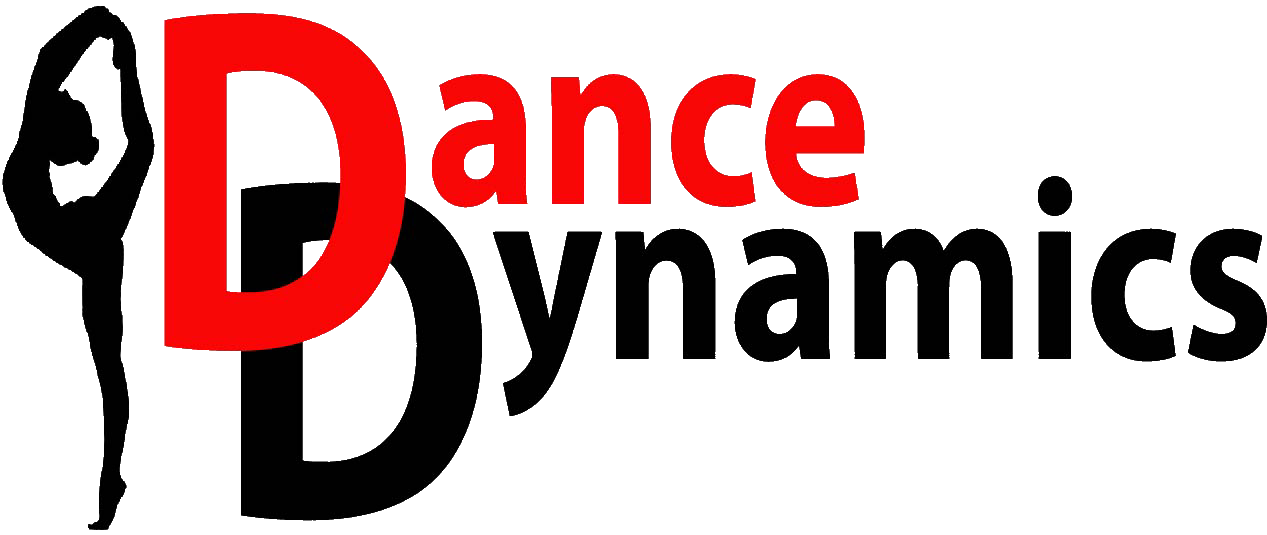How Dance Enhances Children’s Mental Health and Well-Being
The physical benefits of dance are well-known, but the remarkable impact of dance on mental health and emotional well-being should not be overlooked. At Dance Dynamics, we are dedicated to nurturing our students' holistic development, recognizing the significant role dance plays in promoting positive mental health in children. In this article, we will explore the psychological benefits of dance, such as self-expression, stress reduction, and emotional regulation, to understand how dance education can effectively foster a child's overall well-being and happiness.
By engaging in dance classes, children can discover a safe outlet for self-expression, growing their self-esteem, and learning essential emotional coping skills. Join us as we delve into the power of dance in creating an environment where children can thrive emotionally and mentally, paving the way to a brighter future.
Developing Emotional Expression Through Dance
Dance provides a safe and creative environment for children to express their emotions freely, helping them develop a deeper understanding of themselves and others. By interpreting music and storytelling through movement, young dancers can find their unique voice and learn to convey their feelings non-verbally. This ability to communicate and process emotions through dance can lead to increased self-awareness, emotional intelligence, and empathy.
Dance encourages improvisation, fostering creativity in children and promoting individuality. By engaging in such an artistic activity, children can gain confidence in showcasing their unique style and perspective, ultimately strengthening their understanding of self-expression and essential communication skills.
Alleviating Stress and Anxiety through Dance
Participating in dance classes offers a healthy outlet for coping with the everyday stresses and anxieties that children may face. Multiple studies have shown the positive impact of engaging in physical activity, like dance, on reducing stress and anxiety levels. For example, a study published in the Journal of Applied Developmental Psychology discovered that adolescents who engaged in extracurricular activities, including dance, exhibited lower levels of anxiety and depression compared to those who did not participate.
Dance positively impacts mental health by stimulating the release of mood-enhancing chemicals such as endorphins, serotonin, and dopamine within the brain, helping to create a sense of happiness and well-being. In addition, the experience of mastering challenging movement patterns and engaging in consistent practice can provide a sense of achievement and satisfaction, further promoting mental resilience and coping mechanisms.
Boosting Self-Esteem and Confidence
Dance education can play a significant role in fostering a positive self-image and boosting the confidence of children. As young dancers progress in their lessons, they develop a sense of mastery and pride in their skills. Additionally, performing in front of an audience, whether in a classroom setting or on stage at a recital, can instill a sense of accomplishment and promote self-confidence.
Furthermore, dance classes provide a supportive environment where children receive constructive feedback, learn from their mistakes, and develop the resilience necessary to face challenges and overcome obstacles. Developing these skills early in life can have a lasting, positive impact on their future self-esteem and ability to navigate the world with confidence.
Encouraging Social Interaction and Building Supportive Relationships
Dance also offers children a unique opportunity to develop meaningful social connections and foster supportive relationships. Teamwork is essential in choreography, as dancers must work together to create a harmonious and visually appealing performance. This sense of camaraderie and collaboration promotes feelings of belonging and acceptance, which can have a profound impact on a child's mental well-being.
Dance classes provide a platform for children to meet like-minded peers, interact with their instructors, and engage with a supportive community that shares their passion for dance. In addition to the social connections forged within their dance classes, the encouragement and support children receive from these relationships can promote positive mental health and a sense of belonging.
Cultivating Mindfulness and Mental Focus
Mindfulness, the practice of being fully present and aware of the current moment, has been widely recognized for its numerous mental health benefits, including increased focus and reduced anxiety. Dance inherently encourages mindfulness as it requires the dancer's full attention and awareness of their body, movement, and environment.
For instance, dancers must focus on their alignment, balance, and movement while simultaneously connecting with the music and their emotions. This level of concentration fosters mental agility and focus, skills that can transfer to other aspects of a child's life, including academic performance and stress management.
By engaging in dance education, children can develop essential mindfulness skills that contribute to their mental well-being and resilience throughout their lives.
Promoting Physical Health for Enhanced Mental Health
Lastly, the physical benefits of dance can significantly contribute to a child's mental health. Regular physical activity like dance can help improve sleep quality, increase energy levels, and boost overall physical fitness. A study published in the Journal of Child and Adolescent Psychiatric Nursing found that children who participated in physical exercise such as dance exhibited improvements in mood, self-esteem, and overall mental health.
Dance education provides a fun, engaging, and challenging activity that combines physical fitness with artistic expression, creating a holistic experience that nurtures not only a child's body but also their mind and spirit.
Enhance Your Child's Mental Health With Dance Dynamics
The transformative power of dance extends far beyond physical benefits, significantly impacting the mental health and emotional well-being of children. By participating in dance classes at Dance Dynamics, your child can develop essential emotional expression, stress reduction, confidence, social interaction, mindfulness, and physical health skills that contribute to their overall well-being and happiness.
Join our children's dance class at Dance Dynamics and experience a nurturing and supportive environment that enhances emotional, mental, and physical growth. With a variety of dance styles and classes, your child can explore their unique interests, abilities, and goals. Give your child the gift of holistic development and improved mental health by visiting our website or contacting us today to learn more about our children's dance programs and class offerings.
